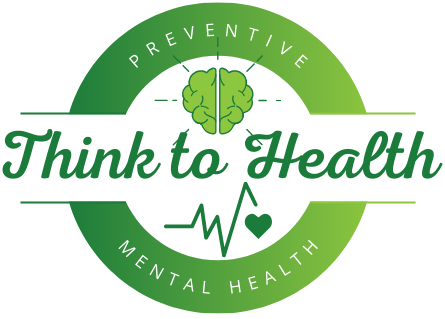Introduction to Mental Health Services
Mental health services encompass a broad range of professional support aimed at addressing various mental health issues, such as anxiety, depression, bipolar disorder, and schizophrenia. These services are crucial as they provide individuals with the tools and support needed to manage their mental health effectively. Early intervention in mental health can significantly impact an individual’s prognosis, potentially preventing the escalation of symptoms and improving overall quality of life.
The range of mental health issues that these services address is vast. Anxiety disorders, often characterized by excessive worry and fear, can significantly disrupt daily functioning. Depression, marked by persistent sadness and loss of interest in activities, can lead to severe physical and emotional problems if left untreated. Bipolar disorder, involving extreme mood swings from mania to depression, requires careful management to maintain stability. Schizophrenia, a severe mental disorder that affects how a person thinks, feels, and behaves, often necessitates comprehensive, long-term treatment strategies.
The importance of seeking professional help cannot be overstated. Mental health professionals, including psychiatrists, psychologists, counselors, and social workers, play distinct yet complementary roles in providing care. Psychiatrists, as medical doctors, can prescribe medications and oversee treatment plans. Psychologists often provide therapy and conduct psychological assessments. Counselors offer support and strategies for dealing with specific issues, while social workers help connect individuals with resources and support systems.
Mental health services also play a vital role in promoting overall well-being. They help individuals develop coping mechanisms, improve their relationships, and enhance their ability to function in daily life. Moreover, these services are instrumental in reducing the stigma associated with mental health issues. By encouraging open dialogue and understanding, mental health professionals help to foster a more accepting and supportive community, ultimately leading to better mental health outcomes for all.
How to Access Mental Health Services
Accessing mental health services can initially seem overwhelming, but understanding the various avenues available can simplify the process. One of the first steps is to consult with a primary care physician. These healthcare providers can offer initial assessments, prescribe medications if necessary, and provide referrals to specialists in mental health.
Mental health hotlines are another immediate resource, providing confidential support and guidance 24/7. These hotlines can be essential for crisis intervention and connecting individuals with local services. Online resources, including telehealth platforms, have also become increasingly popular, offering convenient access to licensed therapists and counselors without the need for physical appointments.
Insurance plays a significant role in accessing mental health services. It is crucial to understand what services are covered under your insurance plan. Contact your insurance provider to determine which mental health professionals are in-network, as this can significantly reduce out-of-pocket costs. Some plans may also include coverage for telehealth services, making therapy more accessible.
Community-based services often provide invaluable support, especially for individuals without insurance. Many non-profit organizations and government programs offer free or low-cost mental health services. These can include counseling, support groups, and crisis intervention services. Local community health centers are a great starting point to explore these options.
Choosing the right mental health professional is essential to receiving effective care. Start by researching licensed professionals, including their areas of expertise and treatment approaches. Reading reviews and asking for recommendations can also be helpful. During the initial consultation, expect to discuss your mental health history, current concerns, and treatment goals. This meeting is an opportunity to assess whether the professional is a good fit for your needs.
Promptly seeking help is vital, especially if you or someone you know is in crisis. If immediate danger is involved, contact emergency services or go to the nearest emergency room. For non-emergency situations, reach out to mental health hotlines, local crisis centers, or use online resources to find support.
Understanding and accessing mental health services is a crucial step toward maintaining mental well-being. By exploring the available resources and seeking timely assistance, individuals can find the support they need to navigate mental health challenges effectively.

